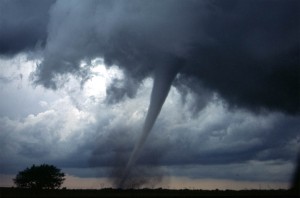The drumbeat continues… Anyone remotely paying attention to the risk and insurance industry these days cannot avoid the parade of articles and speeches lamenting the looming talent crisis in the industry. Industry leaders are expressing both the critical need to attract Millennials to careers in the industry, and warning of the hurdles that the industry must clear to do so. Articles in Business Insurance and Carrier Management both address these issues quite well.
One of the challenges in attracting Millennials to careers in the risk and insurance industry is the perception that insurance is stodgy and boring. Those who have worked in the industry can refute this perception, but you have to gain the attention of Millennials to do that, and then avoid blowing the opportunity. There’s a reason the industry is perceived as boring and stodgy… it’s because we in the industry get excited about using the industry jargon and discussing technical coverage nuances of “exclusions” and “retentions” and “retrospective rating programs” and blah blah blah. Boring.
We need to become storytellers. Millennials want to do meaningful work that has purpose. Pushing paper and plunking on computer keyboards and reading underwriting files doesn’t feel all that meaningful. Rebuilding lives that are broken by catastrophe is meaningful work, and we need to do a better job of telling stories focused on that. From a risk management perspective, we need to focus on the work that we do to make people safer and employers more secure. Insurance struggles with public relations problems that arise from claim situations gone awry, but the most meaningful and powerful message is the positive story of the insurance agent who shows up at her client’s house as the flames are being extinguished and consoling the client, reassuring them, and getting the claim process underway immediately. Those are the stories that Millennials need to hear from us.
When I was young commercial underwriter, I had a boss who told me that my job wasn’t to say “no” to certain risks, but rather to find a way to say “yes.” Declining or non-renewing a risk was a defeat for my carrier employer, for the insurance agent, and for the client who then had to find a new carrier for their insurance program. We need to tell Millennials about the underwriters who find creative ways to say “yes” and create win-win-win scenarios. That is meaningful, and exciting – because creativity and problem-solving are exciting.


